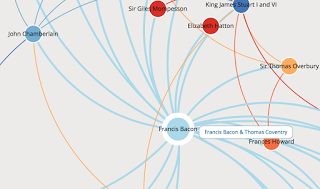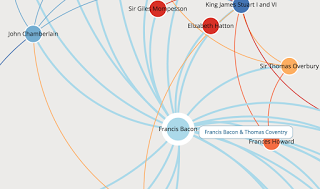Whenever a new Shakespeare movie comes out, everybody does a list of movie adaptations. But here’s my problem. Nobody seems to want to do the research. Take this one, for example:
Are these the 10 best Shakespeare screen adaptations?
4 of the 10 are from the year 2000 or later (including Julie Taymor’s Tempest. Really?)
3 from the 1990’s (including 10 Things I Hate About You, grrrrrrr. Not the same thing!)
1 each from 1950’s, 1960’s and 1970’s (including Brando’s Julius Caesar, Peter Brooks’ King Lear and Chimes at Midnight)
We’ve been filming Shakespeare for basically about one hundred years. So is it reasonable to believe that 70% of the best versions all come from the last 25 years?
What sort of criteria should we use? You can’t drop a 1936 Romeo and Juliet into a class full of high school English students alongside the 1996 Leonardo diCaprio version and ask them which one they like better.
The art of movie making, it would seem logical to assume, has gotten better over time. The quality of the equipment that goes into it, the special effects, the scope and budget. So is it true, then, that the best movies in general have all been recent movies? When we speak of those older movies is there an implied, “…for its time” qualifier tacked onto the praise?
Does anybody have a favorite Shakespeare adaptation from before 1990 that they believe stands up to a more modern adaptation? If a friend asked you for a recommendation, would you dip into 100 years of Shakespeare movies or would you stick to the more modern stuff?
UPDATE : This guy gets it right.


